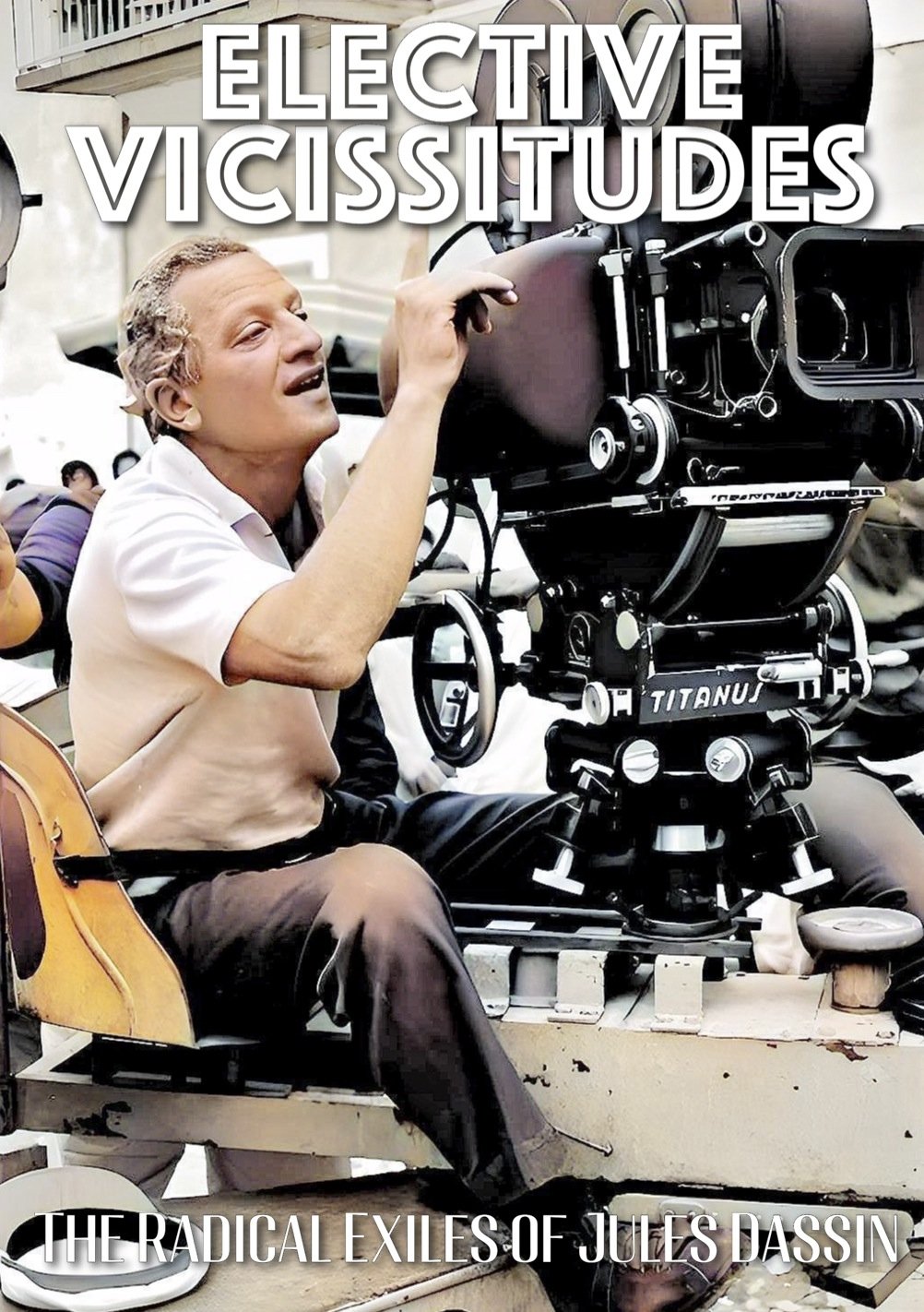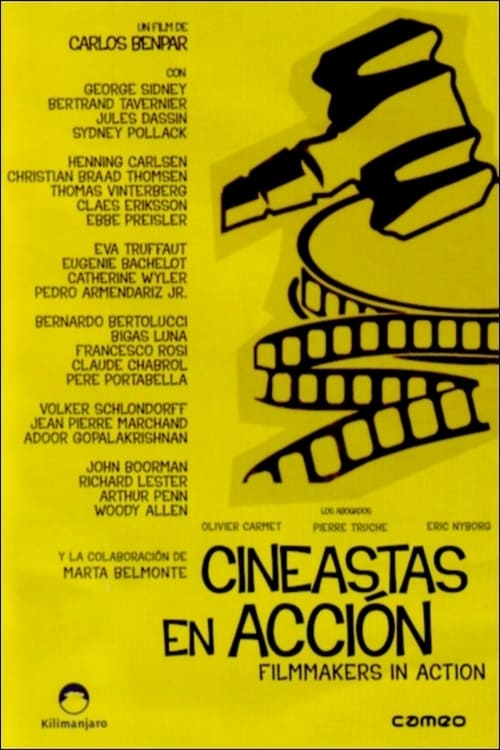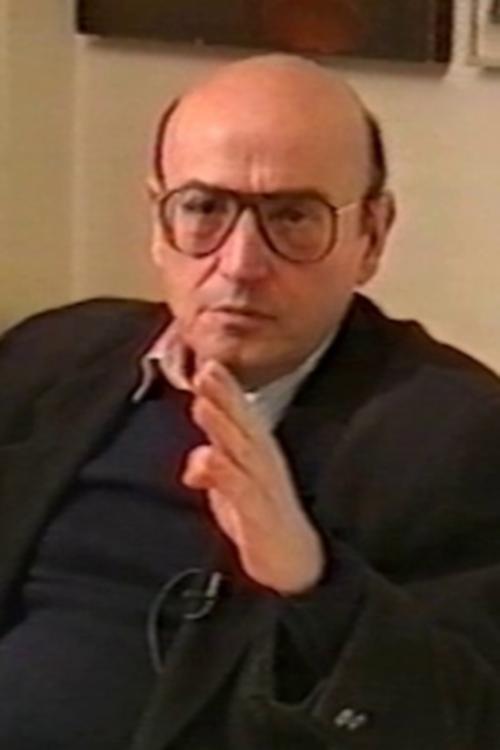

In 1968, filmmaker Jules Dassin collaborated with Ruby Dee and civil rights activist Julian Mayfield on Uptight, a "politically radical" film noir about Black revolution, framed against the April 4 assassination of Dr. Martin Luther King, Jr. Director, producer and co-writer Dassin, a blacklisted American exile, returns to his birth country after having gone into a second exile from his adopted country Greece, then makes a film that roiled the powers that be (or "powers that were") in the U.S. government. The material so upset the FBI that they closely monitored the production up until the eve of its premiere, recruiting crew members as moles. The irony is rich, as Uptight was a remake of John Ford's The Informer (1935) and dealt with a turncoat character who engineers the assassination of a revolutionary leader. How is Uptight both an outlier (or anomaly) as well as simultaneously integral to the career of Jules Dassin?

What is the state of cinema and what being a filmmaker means? What are the measures taken to protect authors' copyright? What is their legal status in different countries? (Sequel to “Filmmakers vs. Tycoons.”)
A journey to places, where the overlooked Hollywood screenwriter Albert Isaac "Buzz" Bezzerides lived and worked, revealing the operation of Hollywood's production system in the 1940s, '50s, '60s and more ...

Filled with humor and defining experiences in both his own life and in the lives of some of his closest friends, William Faulkner and Robert Aldrich, as well as on his late wife, screenwriter Silvia Richards, Mr. Bezzerides offers colorful reflections as to why he and his typewriter unabashedly need to keep creating honest characters, worlds, and stories. Through recently discovered boxes of photographs, film clips, the haunting music by Fugazi, interviews (including Jules Dassin, Mickey Spillane and Barry Gifford) and testaments to his progressive creativity from other writers, Fay Lellios' straight-ahead documentary gives us a start in discovering this 97-year-old proletariat storyteller, and the meaning of his favorite phrase by Carl Jung, "There can be no birth of consciousness without pain."

Theo Angelopoulos recalls the defining moment in 1964 that led to him to live his entire life in Greece, and explores the concept of borders in his work - as the limits of existence, of life and death, of language and communication. “Narrowing down the borders narrows the communication, stretches the differences, magnifies oppositions, magnifies reasons for war, magnifies the refugees, magnifies the internal exile... In reality a civil war leaves behind wounds which cannot easily be healed and they revive, like ghosts, or like recurrent nightmares, during the long nights which have dogged Greek society for years.”
From Wikipedia, the free encyclopedia Julius "Jules" Dassin (December 18, 1911 – March 31, 2008) was an American film director, producer, writer and actor. He was a subject of the Hollywood blacklist in the McCarthy era, and subsequently moved to France, where he revived his career. Dassin quickly became better known for his noir films Brute Force (1947), The Naked City (1948), and Thieves' Highway (1949), which helped him to become "one of the leading American filmmakers of the postwar era." Dassin's most influential film was Rififi (1955), an early work in the "heist film" genre. It inspired later heist films, such as Ocean's Eleven (1960). Another piece it inspired was Dassin's own heist film Topkapi, filmed in France and Istanbul, Turkey with Melina Mercouri and Oscar winner Peter Ustinov. Dassin said Darryl F. Zanuck in 1948 called him into his office to inform him he would be blacklisted, but he still had enough time to make a movie for Fox. Dassin was blacklisted in Hollywood during the production of Night and the City (1950). He was not allowed on the studio property to edit or oversee the musical score for the film. He also had trouble finding work abroad, as U.S. distribution companies blacklisted the U.S. distribution of any European film associated with artists blacklisted in Hollywood. In 1952, after Dassin had been out of work for two years, actress Bette Davis hired him to direct her in the Broadway revue Two's Company. The show closed early, however, and Dassin left for Europe. Dassin did not work as a film director again until Rififi in 1954 (a French production). Most of Dassin's films in the decades following the blacklist are European productions. His prolific later career in Europe and the affiliation with Greece through his second wife, combined with a common pronunciation of his surname as "Da-SAN" in Europe, as opposed to "DASS-in" in the United States leads to a common misconception that he was a European director.
By browsing this website, you accept our cookies policy.